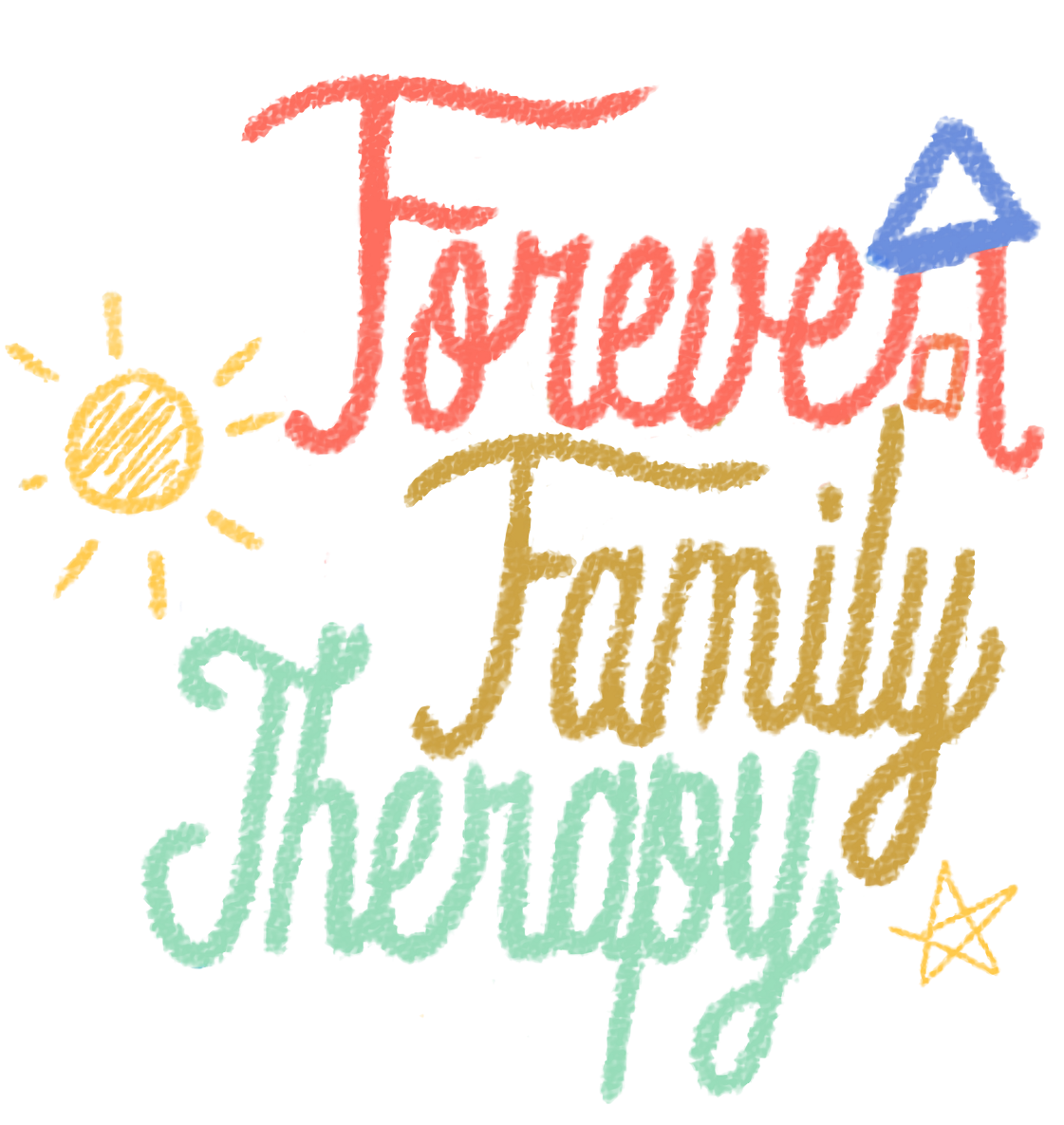Everyday I wake up I get up to go to work I feel a sense of gratitude. Gratitude because my job involves me using my education and skills to help kids and families in my community, and gratitude because I am PASSIONATE about kids, counseling and general wellness. I try to be the person I needed when I was a child and teenager. I try to be the person I wish other counselors would have been to my caregivers, if we ever went the family counseling route when struggling through our family dysfunction. Each present day is another opportunity to pour education, skill building and empathy into families that need it.
But … all of it is separate; separate both from my life and from my day to day experiences with kids in my family. I keep the “job box” and the “personal life” box very separate. Up until last month, the interventions I recommend and the skills I try to teach parents to build up in their kids were all based on … well, theory, experience and positive intentions. And now I am currently doing my best to embody these teachings with a child in my own home.
On May 21st of this year I became the legal guardian to my younger, 10 year old half-brother. Not me on my own, but my husband and older brother and as well. In a moment’s notice we went from pursuing our own individual personal and professional goals as young adults, to casting those aside to ensure our little brother gets a chance to chase after his own one day. The little one we now care for is worth bragging about. He’s the cutest, sweetest, most adventurous little boy I get to spend time with every day. When things go well in our home (“well” meaning: he gets screen time when he wants and isn’t asked to get off, going to bed later than what’s best for him, having to eat at least 3 asparagus sticks etc.) he can easily make any hardened heart melt with his helpfulness, his kind words and his love of hugs.
When things get tough (“tough” meaning: he’s asked to finish his reading homework, he has to drink water instead of soda, he’s asked to take space because he needs it) he acts out in ways that are really challenging to respond to. He can be angry and scream, name call and say really hurtful things. He can threaten to runaway, hurt himself or cause his own death. He can look directly into my eyes and without blinking tell lies about things that are seemingly easy, consequence-free truths. He can take things without asking and hide them when asked if he knows of their whereabouts. He can ball his fists and raise them as if he’s going to hit me. There is so much underneath all of the changing and turbulent behaviors we see day to day.
He’s been traumatized, abandoned off and on due to parental incarceration, attended a different elementary school almost every year he’s been enrolled, been without an IEP (individualized education plan) despite having learning difficulties, lived in a few different cities, tried to make friends for the first time over and over again. He hasn’t had it easy, which makes sense that he is NOT an easy child to parent. It’s something I have to remind myself over and over again - his behaviors are a message that he feels something difficult inside. He doesn’t know how to express it in a healthy way. It’s my job to teach him. But it’s hard.
There are times I fall back into the way I was parented: “Just go to your room!” or “do it because I told you to” have flown from my lips in an elevated tone more than once. Trying to put communication and discipline strategies in place that are easier to envision than actually practice takes a higher level of determination that I theorized. Taking space for myself when I feel upset before raising my voice is harder than I thought. It’s given me a renewed sense of appreciation for each and every parent I have asked to do this. I can now say “try this, but be gentle with yourself if it’s not perfect.” Because it won’t be perfect.
Parenting a child that requires unconventional parenting methods in order to be successful is not for the faint of spirit. We must be tireless in our efforts to connect, to teach, to encourage and to build up. To do this, we must be connected, well taught, encouraged and built up ourselves and so must our parenting partners be. We can not give our kids the things we do not have.
So a word of encouragement: If you’re parenting a child that challenges you, take heart. You’re not alone. Other parents understand. You are worthy, you are sufficient, you are good enough. Repeat as often as needed and start each day with a new sense of hope that things will change with consistency and time.
Sincerely,
One Overwhelmed but Blessed Caregiver to Another

